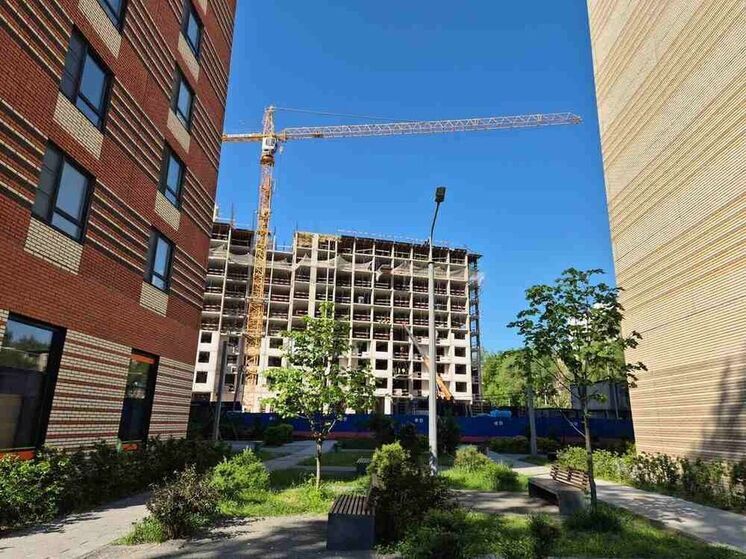
According to economist and Deputy Chairman of the State Duma Committee on Economic Policy, Mikhail Delyagin, one of the primary consequences of the Bank of Russia`s high key rate and the resulting suppression of demand and development through expensive credit is the halt of new investment projects.
Delyagin notes that, at least since last summer, large commercial entities, including developers, have been completing previously started investment projects but are not initiating new ones. He suggests that the reported indicator of investment growth reflects the completion of these ongoing projects, along with potentially understated inflation and government investments, rather than new ventures.
This phenomenon is also fully applicable to the housing sector. Following the effective discontinuation of standard mortgages, partly because it became considerably more cost-effective for the state budget to potentially provide housing directly rather than subsidizing banks` excessive profits (though this option was not pursued), the completion of older projects is now accompanied by a practical avoidance of launching new ones.
This raises an interesting prospect: by the time the key rate is significantly reduced, which would again make real estate attractive to investors, the market might face a significant supply shortage. This potential deficit could trigger another surge in property prices. Anticipating this period, some investors are currently acquiring well-located, quality-built properties with good infrastructure.
Furthermore, developers themselves are reportedly delaying projects as much as possible to hold out until market conditions improve. Deputy Prime Minister Marat Khusnullin acknowledged that «Currently, developers are already delaying the construction process due to a lack of funds to place on escrow accounts amid falling housing demand.»
Consequently, a reduction in the supply of new buildings is expected within the next 3-6 months. This will coincide with potential demand that remains unmet due to the rapidly evolving circumstances. While a 20% key rate makes bank deposits the most favorable short-term investment, the rate is likely to decrease, even if for political reasons. As the appeal of deposits diminishes, mortgages will gradually become more accessible as the key rate declines.
Alexey Voylukov, Professor of Practice in Digital Finance at RANEPA, agrees with this assessment. He points out that since April 1, 2025, the Central Bank has imposed stricter regulations on issuing very long-term loans, as well as those with low down payments and high debt burdens for borrowers. Voylukov suggests the market interpreted this as the Central Bank signaling a willingness to adjust the key rate further in either direction. He notes that the recent minor reduction from 21% to 20% is largely symbolic and insufficient to truly restart the credit cycle or significantly stimulate mortgage lending. This situation contributes to ongoing stagnation in construction. Looking ahead, this sets the stage for a potential «shock» in the market, where prices could transition from falling to experiencing noticeable growth. The construction industry risks stagnation deepening into a recession, further delaying the commissioning of new properties.











